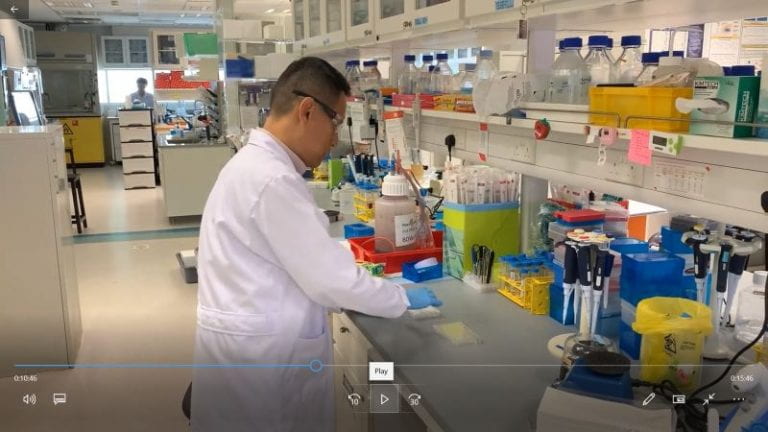HO Han Kiat
Department of Pharmacy, Faculty of Science (FoS)
Han Kiat shares his experience of using video-based and virtual learning activities as alternatives to face-to-face laboratory sessions.
One of the principal challenges imposed by the Covid-19 pandemic is the struggle to find suitable alternatives to experiential learning. In many experimental science modules, experiential learning takes the form of laboratory-based classes. Yet, these laboratory sessions have been curtailed as a result of strict safe-distancing measures. Consequently, alternatives to a face-to-face laboratory class must be explored.
I have been teaching the module UBM2201 “Hormesis and Life” to students in the University Scholars Programme (USP) for the past few years. This module brings together students across different disciplines to learn about the scientific concept of hormesis (simply put, the idea of “what doesn’t kill you makes you stronger”), and identify suitable parallels that they can cognitively extrapolate in their respective domains of knowledge. A laboratory observation session is included for students to see how an experiment can be designed to test the hypothesis that hormesis can indeed occur in a cell-based model.
In lieu of an actual visit to the lab during COVID-19, I adopted a “cooking show” approach instead, to demonstrate the entire experiment in six distinct snapshots. Each step included a running commentary to describe the process as I was going through it (see photos below).


At the end of the video clip, an actual set of data generated from the experiment was provided for the students to do their own analysis. Over the course of the subsequent few weeks, they completed the exercise by writing up a lab report, comprising of a summary of their observations as well as the conclusion drawn from their data analysis. A Zoom-based debrief session was organised at the end of the semester to complete the formative learning journey.
In short, this exercise recapitulated the learning outcome intended for this activity, even though a site visit could not be conducted. A similar approach can be adopted for other laboratory sessions of a similar nature. However, one caveat to highlight is that such an approach may not be applicable as a substitute for every laboratory class. The instructor must first ascertain if the learning outcome of the activity is to reinforce a theoretical concept or for students to acquire technical and hands-on skills. If it is the latter, other forms of simulation may better serve as a substitute instead of a video demonstration.
 |
HO Han Kiat, Ph.D., DABT, is currently the Deputy Head (Education) at the Department of Pharmacy, and Vice Dean of Students. In 2009, he started his own research programme, exploring various aspects of liver diseases including the of drug-induced liver toxicity, liver fibrosis and liver cancer. He has published more than 80 papers in internationally recognised journals, won multiple university-level teaching excellence awards, and is an elected fellow of NUS Teaching Academy. Han Kiat can be reached at phahohk@nus.edu.sg. |

